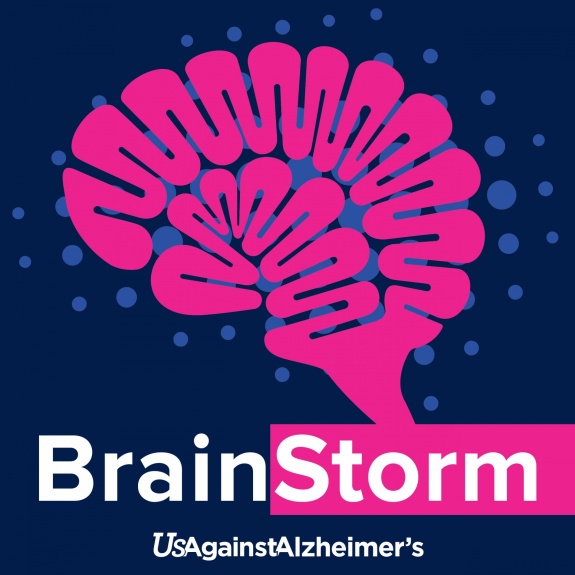Subscribe on your favorite player
Listen on Apple Podcasts Listen on Spotify Listen on Stitcher Listen on Google PodcastsDo Concussions Lead to Alzheimer's? - Dr. Bruce Miller

About This Episode
Concussions and traumatic brain injury can actually be a risk factor for degenerative diseases, including Alzheimer’s.
Dr. Bruce L. Miller, Director of the Memory and Aging Center at the University of California San Francisco, is a behavioral neurologist focused on dementia. His work in frontotemporal dementia (FTD) emphasizes both the behavioral and emotional deficits that characterize these patients, while noting the visual creativity that can emerge in the setting of FTD. He works with the NFL to help with the brain health of players, and, while we’re not all professional football players, we can all learn something from Dr. Miller’s research.
CLICK THE PLAY BUTTON AT LEFT TO HEAR THE DISCUSSION.
Key Highlights from the Call
- Brain trauma affects many people. 1.6 – 3.8 million people in the U.S. have sports-related concussions every year. It can also result from things like car accidents or falls. Particularly worrisome are chronic repetitive injuries.
- Traumatic brain injuries increase risk. They can cause the release of the A beta 42 and tau proteins in the brain. You are about 1.5 times more likely to develop Alzheimer’s, 1.5 times more likely to be bipolar and twice as likely to experience ongoing depression.
- Delayed onset. Symptoms of concussions and dementia can appear several decades following a traumatic brain injury.
- Get a good night’s rest. Bad sleep patterns are a risk factor for later cognitive deterioration. If you aggressively treat patients with sleep apnea, their cognitive symptoms could disappear altogether.
- Can we develop anti-tau therapies? Dr. Miller helped start the Tau Consortium, bringing together some of the world’s best scientists and researchers to find tau antibodies with a sense of urgency along with looking for biomarkers to help decrease the number of participants needed for clinical trials.
Dr. Miller’s work with the NFL puts our fight to cure Alzheimer’s in the limelight – and his research with the Tau Consortium opens up a world of possibilities for future Alzheimer’s risk prevention and treatment. We’re grateful he was able to share his findings with us.
